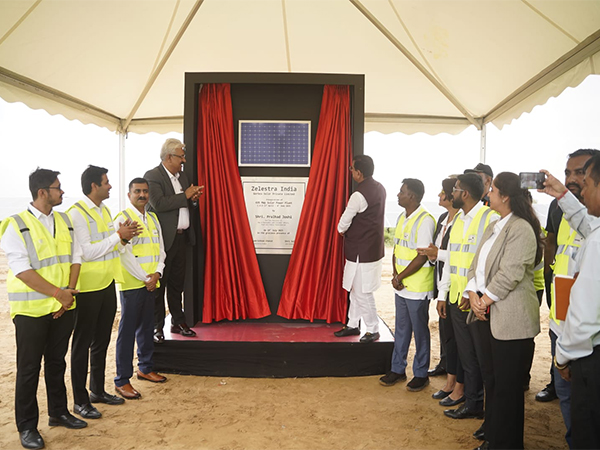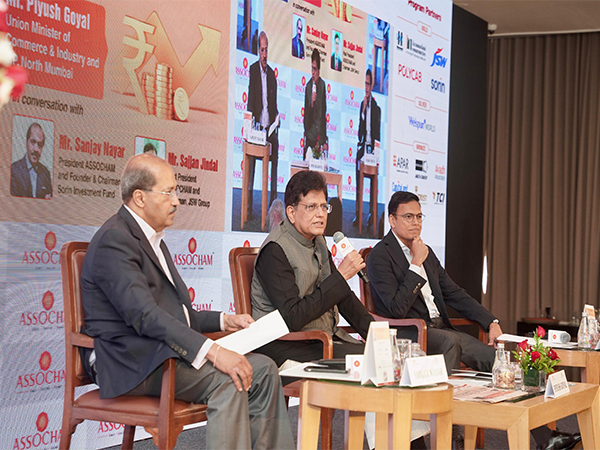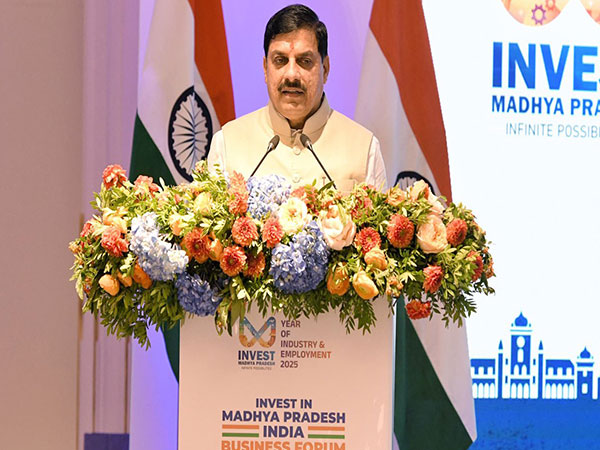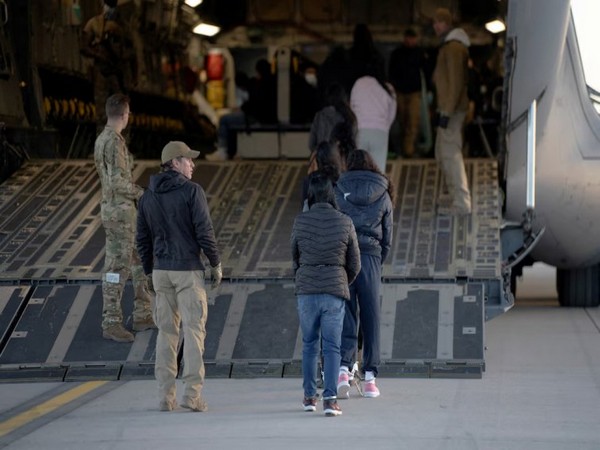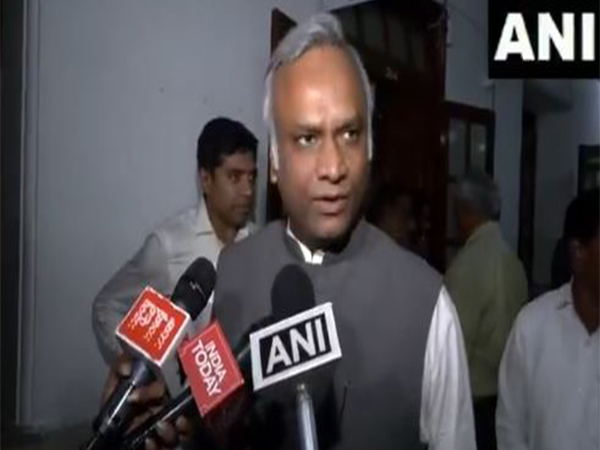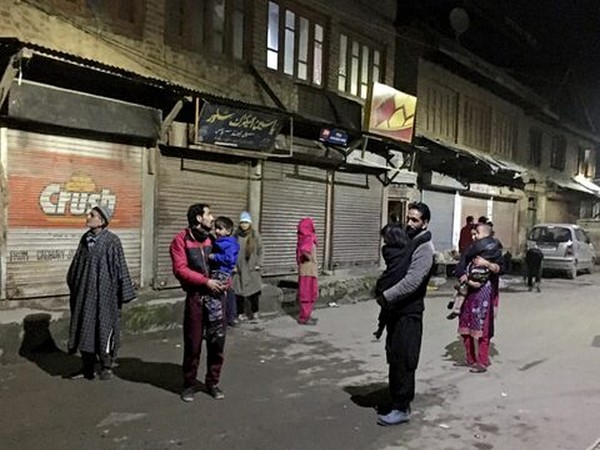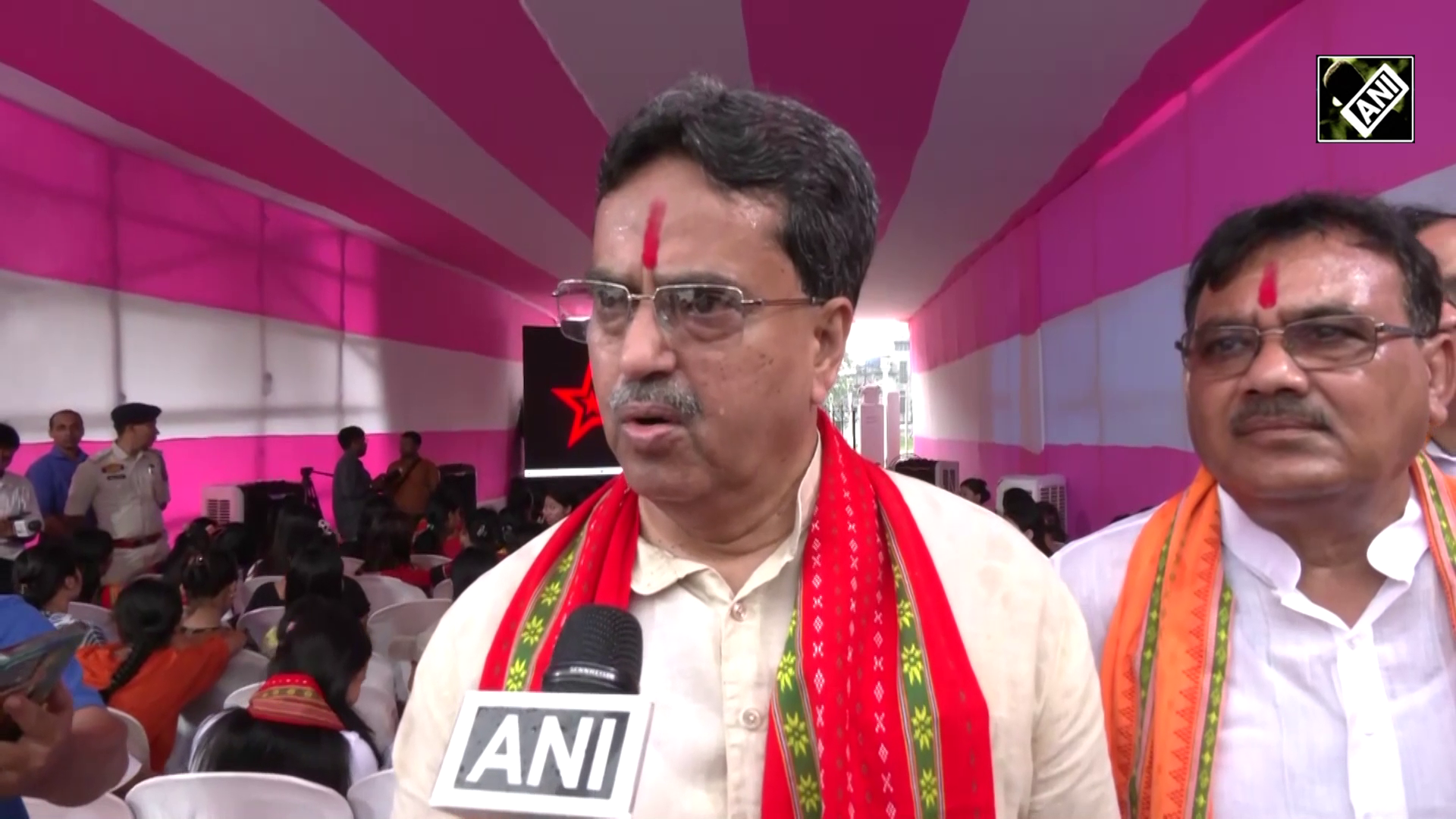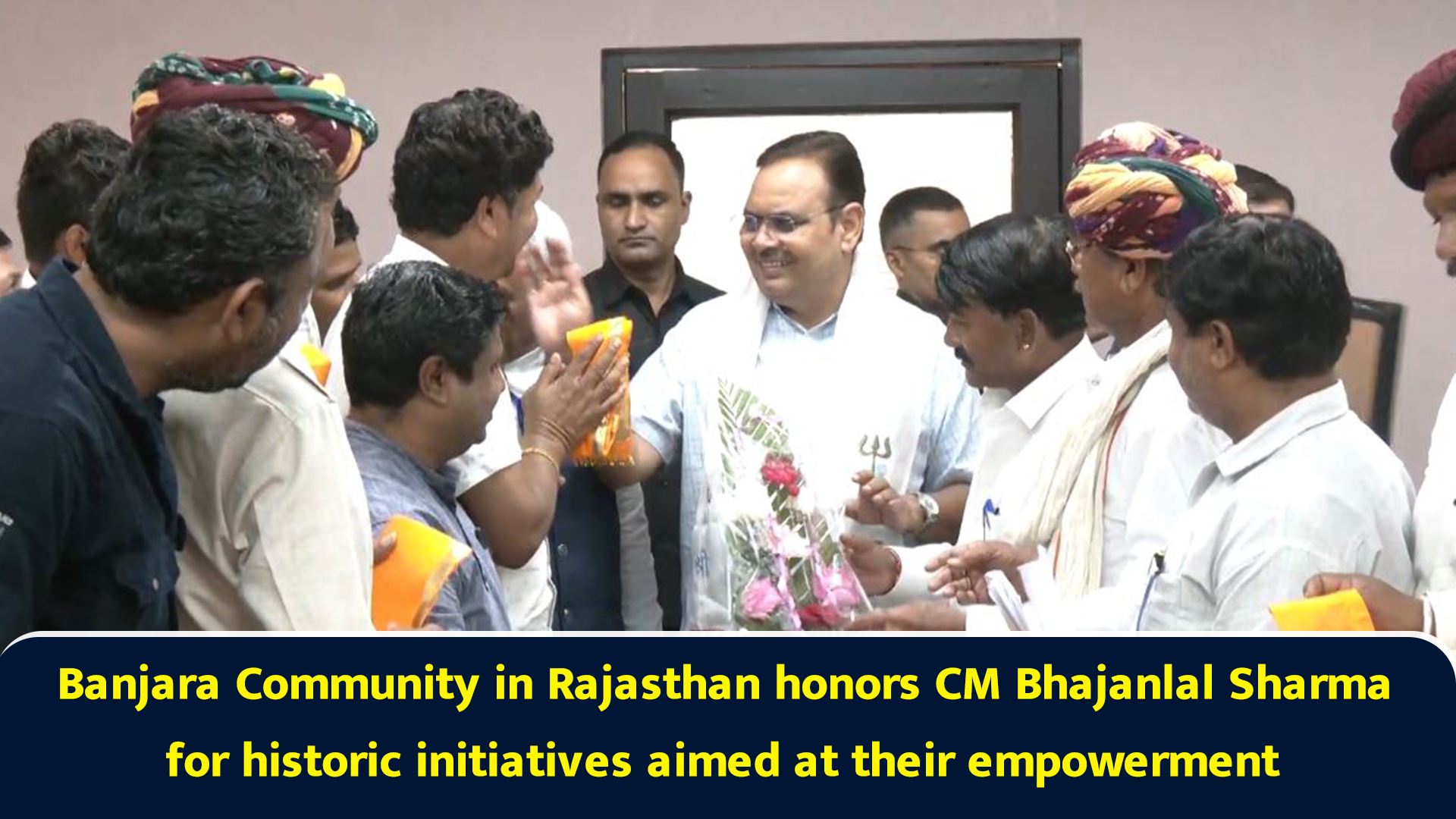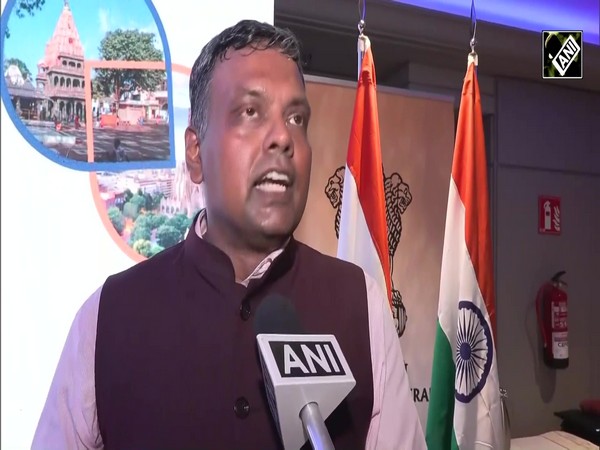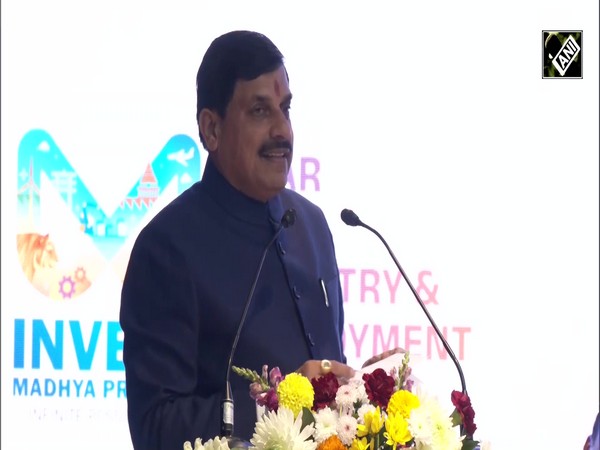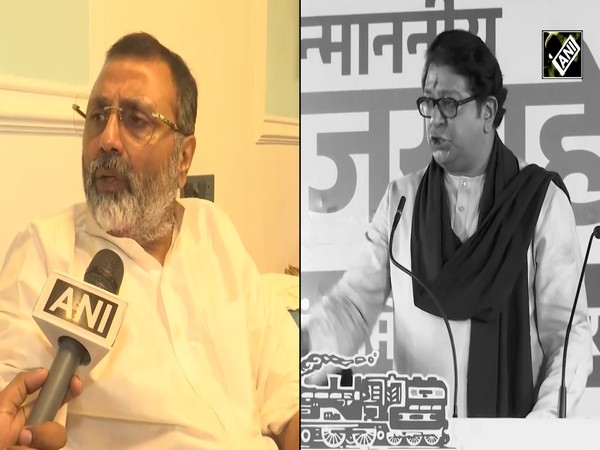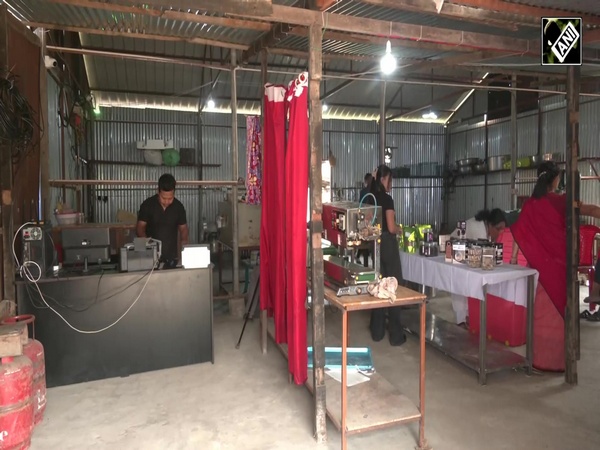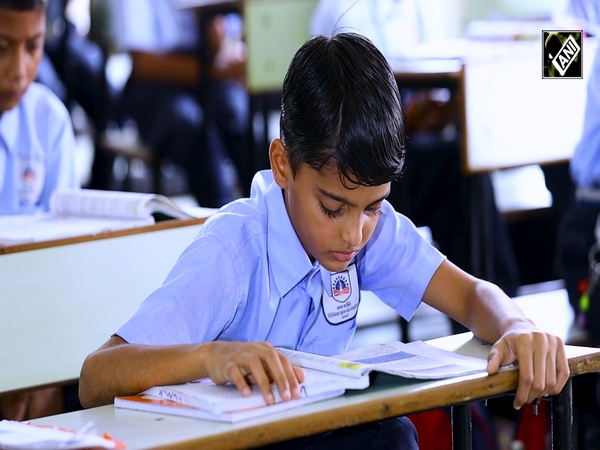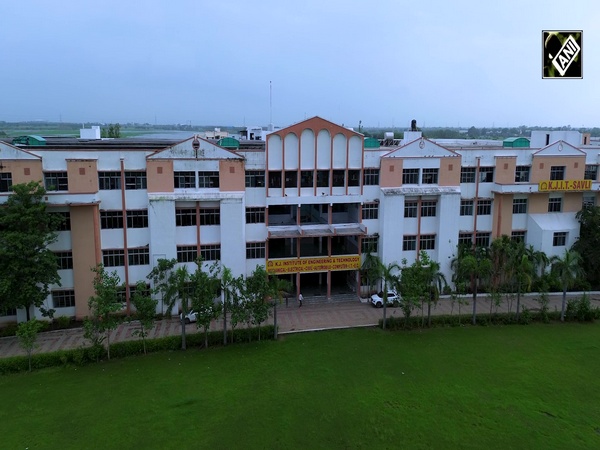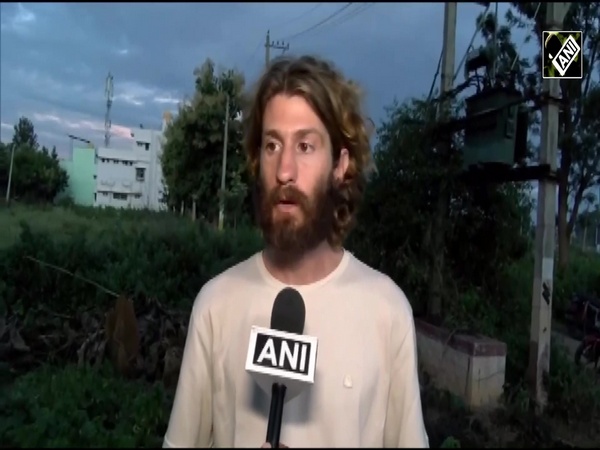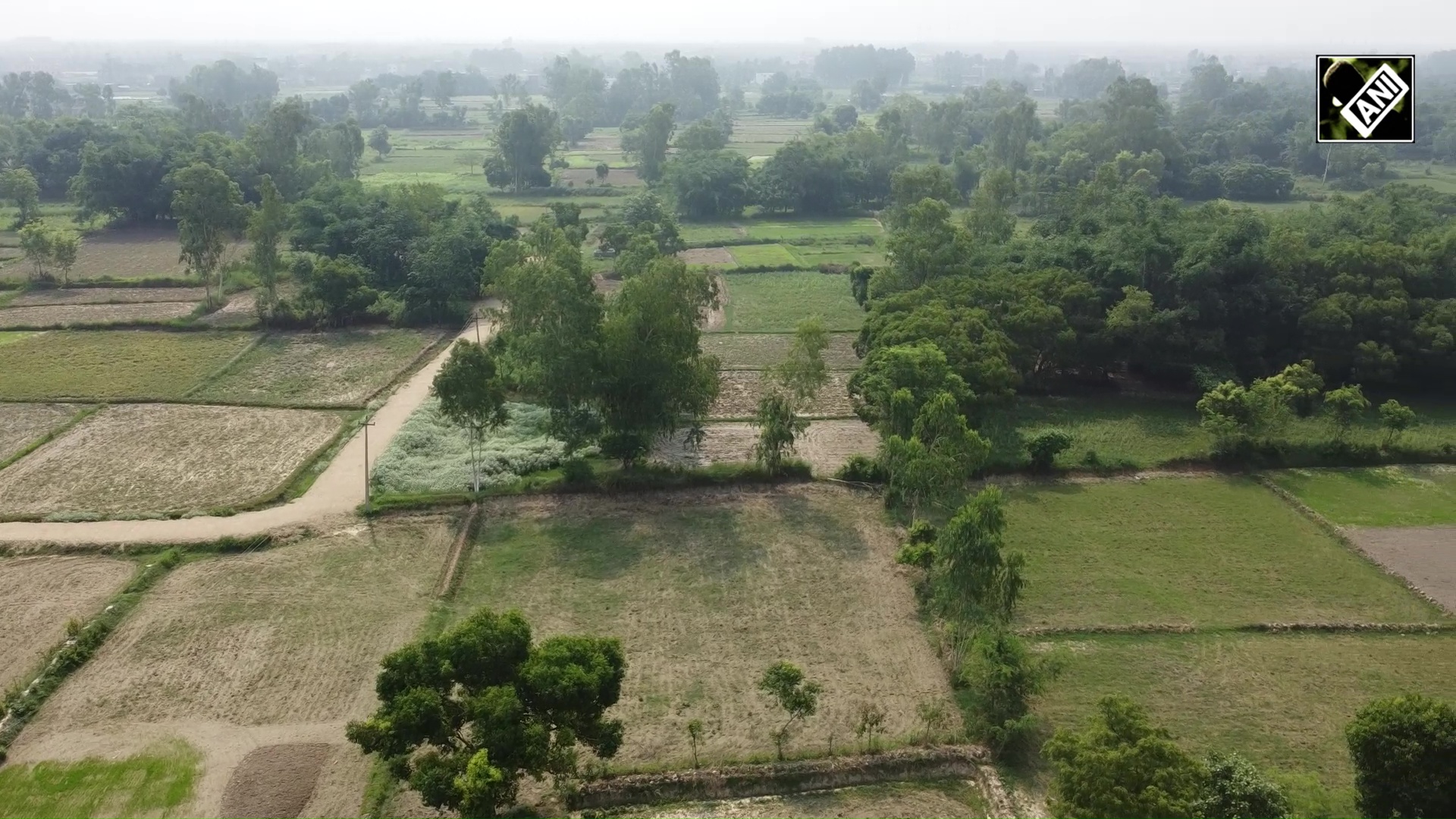Indian School of Business, Odisha govt sign MoU to strengthen nutrition outcomes
Apr 11, 2023

Bhubaneswar (Odisha) [India], April 11 : Indian School of Business (ISB) and Odisha's agriculture department signed a Memorandum of Agreement to collaborate on improving nutritional value across the food chain.
The collaboration agreement was signed in the presence of agriculture minister Ranendra Pratap Swain.
The collaboration has two major objectives - to improve nutrition outcomes through strengthening agriculture-nutrition convergence with a focus on fruits and vegetables and animal-source foods and to establish a climate resilience support cell that will facilitate the building of a sustainable and climate-resilient agriculture sector.
The business school will provide responsive research and technical support for using agriculture-nutrition convergence, policy, markets, and technology for alleviating nutrition outcomes. ISB will support Odisha in identifying policy innovations and pathways for a climate-resilient agriculture roadmap.
"An enhanced focus on markets, building on new and emerging technologies, must be brought to bear to improve nutrition outcomes, particularly amongst low-income consumers in underserved geographies. ISB's collaboration with DA&FE (Dept of Agriculture & Farmers' Empowerment) will strive to harness opportunities and address challenges in agriculture-nutrition convergence for delivering improved nutrition outcomes," said Prof Ashwini Chhatre, Executive Director of ISB's Bharti Institute of Public Policy.
ISB's Bharti Institute of Public Policy will also undertake research to produce a report and case study on the Odisha Millets Mission, a first-of-its-kind initiative by the state to promote millets and to create awareness of nutritional aspects and health benefits of millets.
The government of India under Prime Minister Narendra Modi spearheaded the United Nations General Assembly (UNGA) resolution for declaring the year 2023 as the International Year of Millets and the proposal of India was supported by 72 countries.

